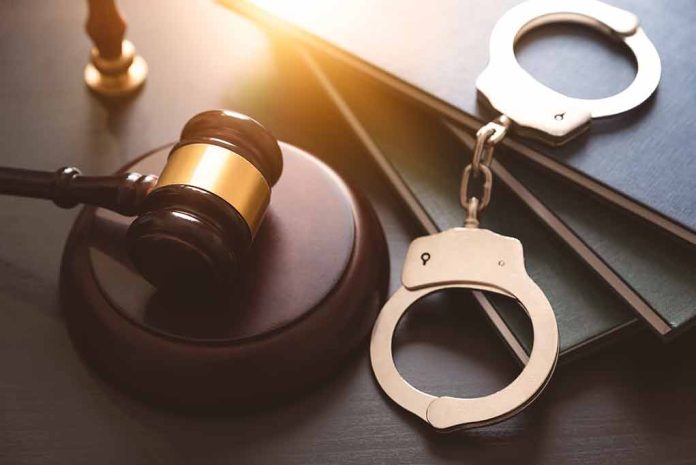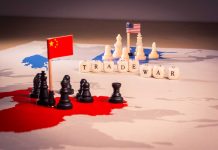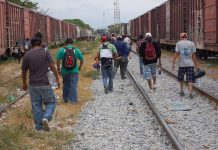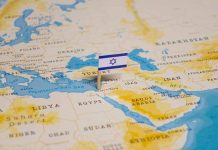
As Bolivia faces significant political and economic turmoil, ex-President Evo Morales and current President Luis Arce are locked in a fierce struggle for power amidst escalating allegations and protests.
At a Glance
- Evo Morales embarks on a hunger strike, calling for dialogue and international mediation.
- The conflict between Morales and Arce has created division within the Movimiento al Socialismo party.
- Allegations against Morales, including human trafficking, heighten political tensions.
- Bolivia grapples with economic challenges and diminishing gas resources.
- The 2025 elections loom amid fears of political violence.
Political Standoff Intensifies
Evo Morales, the former President of Bolivia, has sparked fresh political turmoil by commencing a hunger strike. Morales demands meaningful political dialogue with the government led by President Luis Arce. Seeking to quell street protests and accusations of political persecution, Morales calls for international mediation to facilitate talks with Arce, exposing divisive cracks within the ruling Movimiento al Socialismo (Mas). Morales claims he is a victim of political motivations linked to his Indigenous background.
Morales’s hunger strike addresses wide-scale protests that have disrupted the nation, leading to road blockages, shortages, and price hikes across major cities. Allegations against him, including human trafficking and claims of fathering a child with a minor, have intensified the crisis. Morales refutes these charges, insisting on their political nature—a sentiment shared by his supporters who view the legal actions as preemptive to block his 2025 electoral ambitions.
Inside the Movimiento al Socialismo
The Mas party, home to both Morales and Arce, is fractured due to their mounting rivalry. While Morales enjoys rural support from coca growers, Arce’s backing comes from urban middle and working classes. This internal divide, along with Bolivia’s dwindling natural gas resources and economic decline, has fueled tensions. Morales, whose influence remains significant among Bolivia’s Indigenous populace, draws on a narrative of a “brutal judicial war” waged by Arce.
“My fight is to improve the situation in the country and to start a dialogue without conditions on two fronts, one economic and one political.” – Evo Morales
Despite differences, both leaders emerge from the same party, yet their visions for Bolivia’s future diverge starkly. Allegations of an assassination attempt on Morales, alongside his supporters’ peaceful protests, underscore this escalating discord. The Mas party’s internal power struggle is intensified by a lack of robust political opposition, further complicating Bolivia’s path to stability.
Heading Towards 2025 Elections
The political crisis unfolds against an economic backdrop marred by a decline in natural gas reserves and sustained financial hardships. Morales and his supporters aspire for Bolivia to strengthen ties with international alliances such as BRICS and deepen relationships with China. With the upcoming 2025 elections in view, the power struggle between Morales and Arce could potentially lead to political violence and threaten national stability—a reality that fails to dissuade Morales’s determination to vie for the presidency, even amid a supreme court ruling against his candidacy.
The unfolding events spotlight Bolivia’s precarious balance between political rivalry, underlying economic concerns, and the pursuit of national unity—factors that remain critically interlinked as the nation faces an uncertain future. The outcome of these power dynamics will significantly impact the country’s path forward, fraught with challenges and opportunities ahead.
Sources
1. Bolivia Prosecutors Issue Arrest Warrant for Evo Morales














